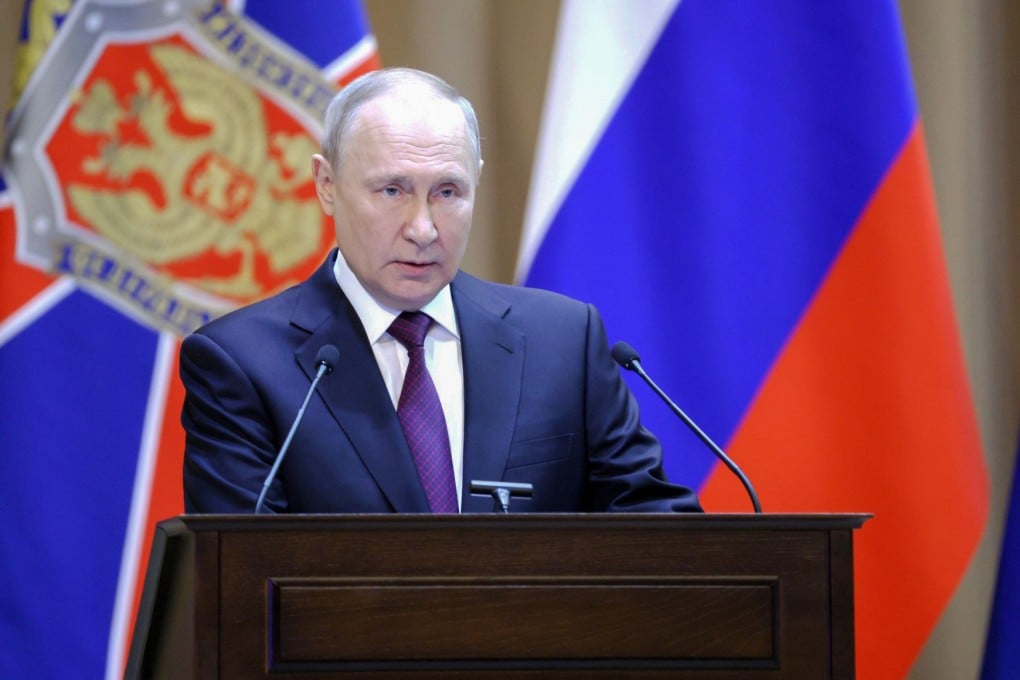My Take | It is vital to understand that Putin’s nuclear threat is a cry for respect
- Unlike the West’s undeclared war on Russia, China’s friendship can help to bring about peace in Ukraine and moderate Moscow’s revanchism

Some commentators have claimed Russia under Vladimir Putin is becoming Beijing’s vassal state or a client state. That is doubtful.
The disastrous Ukraine invasion may have turned Moscow towards the East, especially China and India, for their markets to absorb its oil and gas sanctioned by the West.
But while China is an economic superpower and has the influence to prevent Russia’s total isolation, Putin has thousands of nuclear warheads. As measured by its sheer potential for military destructiveness, Russia is still the predominant nuclear superpower, after the United States.
It is rather difficult to make a vassal out of someone nuclear-armed to the teeth. Beijing has a tough time controlling North Korea, which has only a few dozen warheads.
We have often forgotten the danger of nuclear war after the end of the Cold War and the collapse of the Soviet Union; it’s time we refresh our memory.

